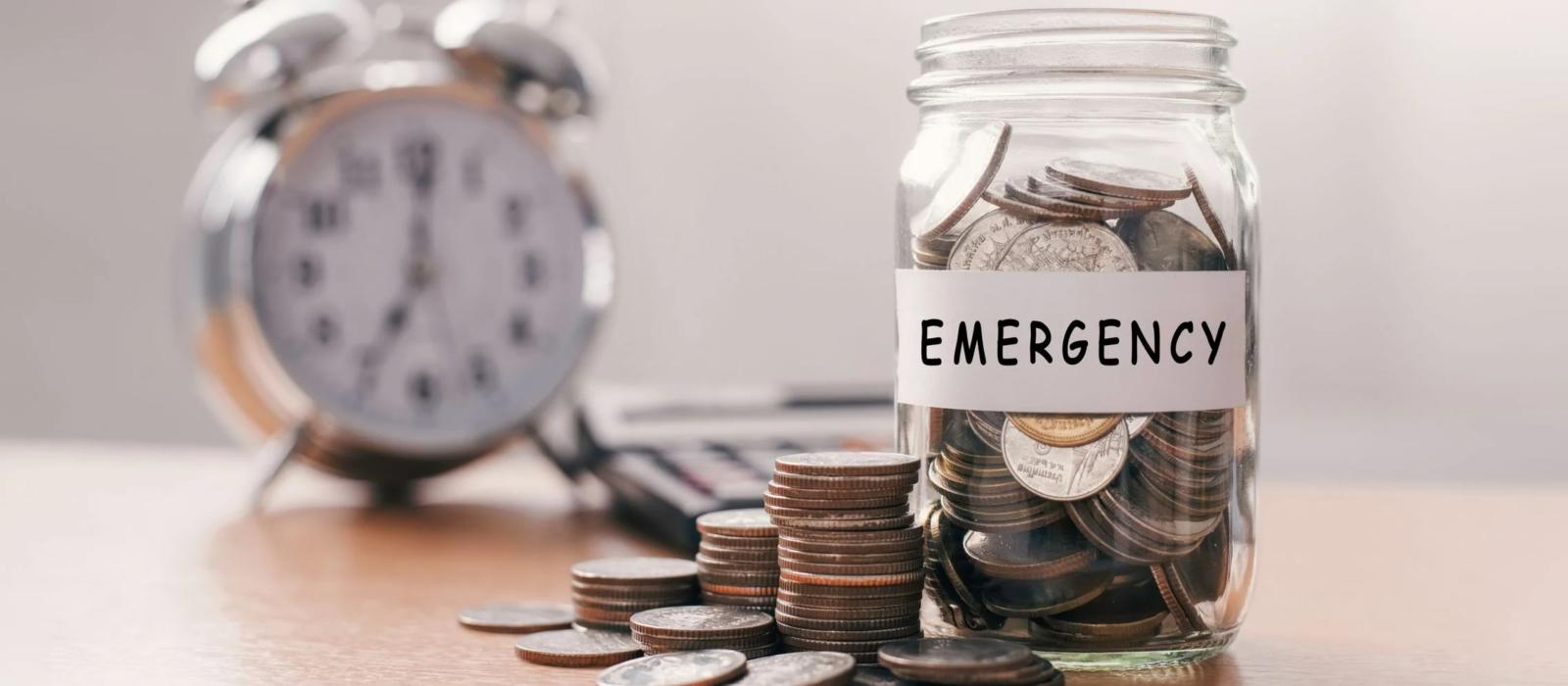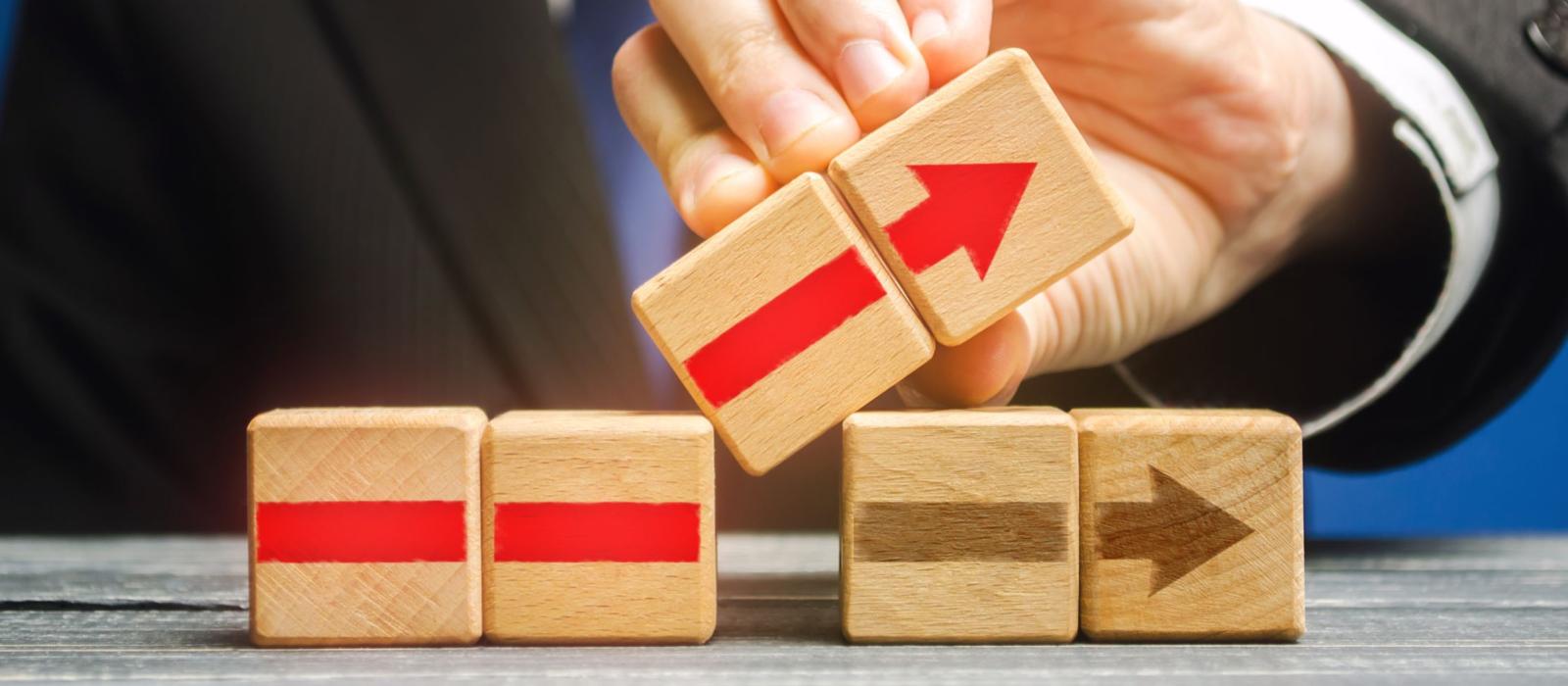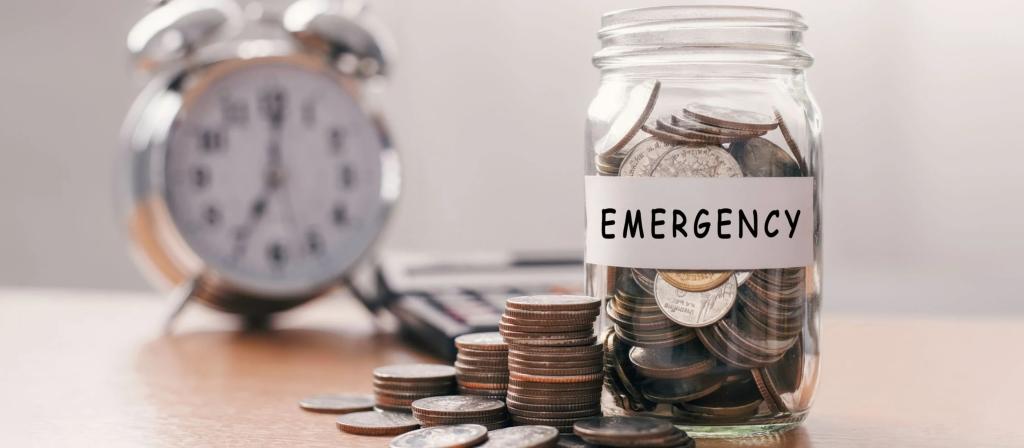Imagine your car breaks down unexpectedly, you lose your job, or you face a sudden health crisis—how do you navigate these financial challenges without jeopardizing your long-term wealth?
The truth is, life throws you curveballs, and you need a first line of defense. That's where emergency funds come into play.
An emergency fund serves as your financial safety net. When unexpected expenses arise, forget scrambling for cash or relying on credit cards to cover the costs. Instead, you can tap into your emergency fund, keeping your finances stable and your long-term goals intact.
In this post, we'll dive into:
- Why emergency funds are essential for protecting your wealth.
- How much you need to save to feel secure during uncertain times.
- Practical tips for building your fund without putting your other financial goals on hold.
By the end of this article, you'll be equipped with the knowledge to build a secure emergency fund and stay financially strong, no matter what life throws your way.
What Is An Emergency Fund?
An emergency fund is a dedicated savings account specifically for unexpected expenses. These could include costs like urgent pet surgery, a major home appliance breaking down, or the need to travel for an unexpected family emergency.
Unlike your regular savings or everyday spending accounts, an emergency fund is meant only for true emergencies. The goal isn't for the fund to cover things like vacations, birthdays, or other planned events, but to ensure that you can handle life's unpredictability without resorting to high-interest debt or scrambling to make ends meet.
Having an emergency fund means you don't have to choose between financial security and responding to life's unexpected challenges. It's your financial backup plan—there when you need it most.

Why Are Emergency Funds Necessary?
Sure, an emergency fund sounds nice, but is it really necessary?
The short answer: absolutely. Having an emergency fund is one of the most important steps you can take to protect both your financial health and your peace of mind. Here's why:
- Life is Unpredictable: Unexpected events can happen at any time, and an emergency fund gives you the flexibility to handle them.
- Prevents Debt: Without an emergency fund, you may have to rely on credit cards or loans to cover unplanned expenses, which can quickly lead to high-interest debt.
- Protects Your Long-Term Goals: An emergency fund keeps you from tapping into your savings for bigger goals, like retirement or buying a home, when unexpected costs arise.
Simply put, emergency funds are necessary to protect your financial well-being.

How Much Do You Need to Save?
Now that you know what an emergency fund is and why you should have one, let's get down to the numbers. How much do you actually need to save?
The amount depends on several factors—like your monthly expenses, job stability, and personal comfort level—but financial professionals generally recommend saving enough to cover 3-6 months of living expenses.
Remember, financial decisions are personal. Consider speaking with a financial advisor to help tailor your emergency fund to your unique needs and situation.

What Are Some Tips for Building Your Fund?
Building an emergency fund doesn't have to be overwhelming. Here are some practical tips to help you get started:
- Start Small & Build Gradually: It can be tempting to set a lofty goal right away, but it's better to start small and build momentum. Once you have practiced with saving, you can aim for larger targets.
- Automate Your Savings: One of the easiest ways to build your emergency fund is to set up automatic transfers. By automating the process, you ensure consistency and reduce the temptation to spend money elsewhere.
- Cut Back on Non-Essential Spending: Take a close look at monthly expenses and identify areas where you can cut back. Cancel unused subscriptions, make coffee at home instead of buying it every day, or limit how often you dine out. Direct the money you save each month to your emergency fund—you would be surprised how quickly small changes can translate into large savings.
- Track Your Progress: It's important to track your progress to stay motivated. Use budgeting apps, spreadsheets, or a simple notebook to keep an eye on your progress.
If you don't already have an emergency fund, now is the time to start setting aside money for unexpected expenses. Life can be unpredictable, and having a financial cushion helps protect you from unnecessary debt or financial setbacks. By following the tips in this article—starting small, automating your savings, and cutting back on non-essential spending—you can gradually build your fund without disrupting your other financial goals.
The key is consistency. Even small contributions add up over time, and the sooner you start, the more prepared you'll be for whatever comes your way.
HORAN Wealth is here to help you grow, sustain, and safeguard your wealth. We offer a variety of wealth management services, and we have a team of experienced advisors ready to assist you. Visit https://horanwealth.com/contact to contact us today!

HORAN Wealth is the marketing name of HORAN Securities, Inc. (“HSI”) and HORAN Capital Advisors, LLC (“HCA”). Securities offered through HSI, a dually registered investment firm, member FINRA | SIPC. HORAN Wealth Management (“HWM”) is the associated investment advisory firm. HCA is an affiliated investment advisory firm.

